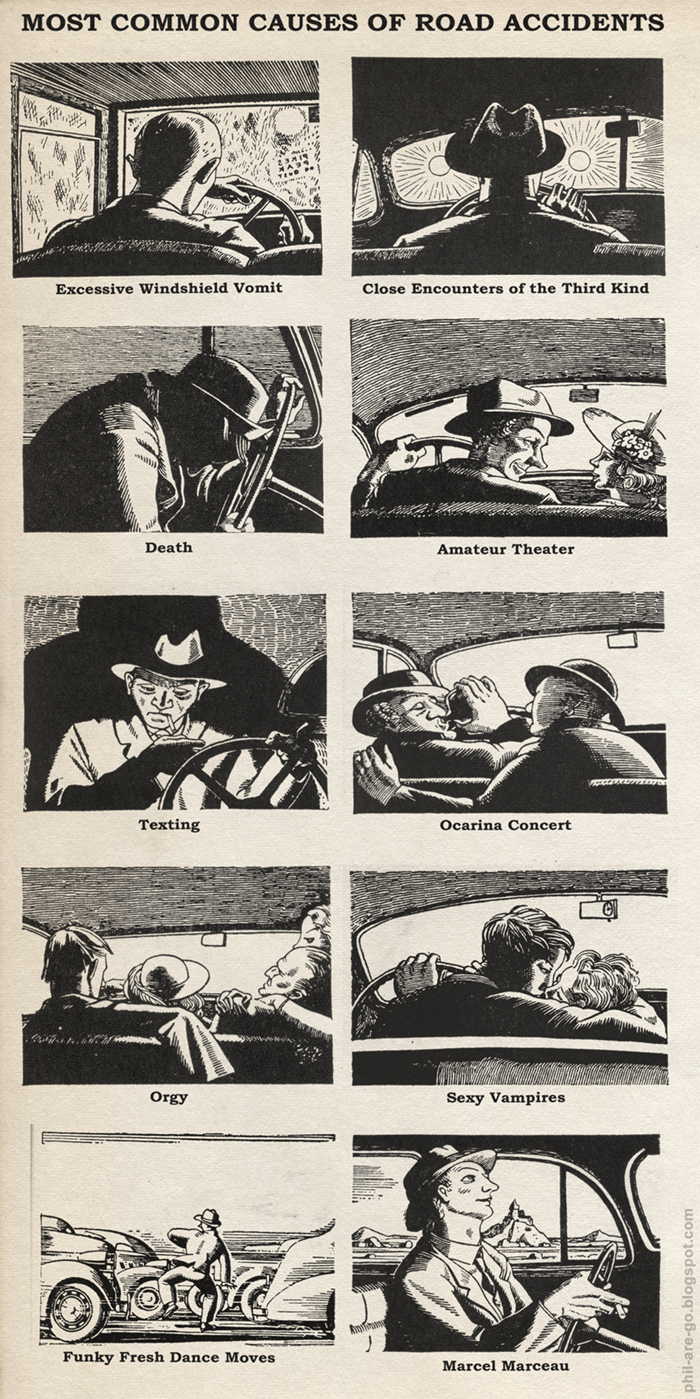Sunday, 3 June 2018 - 1:39pm
This week, I have been mostly reading:
- How Colonies Can Liberate Themselves by Taxing Real Estate — Polly Cleveland in the D&S Blog:
A reform government can heavily tax the value of real estate, possibly with exemptions for small resident property owners. Better yet, and much easier to implement, tax only the land component of real estate. Such a tax would force absentee owners to send euros or dollars back to the colonies. The government could then begin to provide services and repair infrastructure. But why tax real estate? Why not tax income or imports? Because absentees and foreign based corporations can easily avoid income taxes by funny accounting. Taxes on most imports are regressive and a drain on the economy. The real money is in real estate.
- America is one of the Few Cultures with Insults for Smart People — Ted Rall:
Languages tend to evolve to reflect the cultural and practical priorities of the societies that speak them. This linguistic truism came to mind recently when, as part of research for one of my cartoons, I turned to Google Translate in search of a French translation for the English word “geek.” There wasn’t one. Nor in Spanish. All the Romance languages came up short; Google suggested “disadattato” in Italian, but that’s different — it means “misfit,” or “a person who is poorly adapted to a situation or environment.” A “geek” — “a person often of an intellectual bent who is disliked,” according to Merriam-Webster — is decidedly distinct from a misfit. You can tell a lot about a culture from its language. I had stumbled across a revealing peculiarity about American English: we insult people for being intelligent.
- How Bill Cosby, Obama and Mega-preachers Sold Economic Snake Oil to Black America — Lester K. Spence interviewed by Lynn Parramore at INET:
I begin the book by juxtaposing Nat Adderley and Oscar Brown’s “Work Song” that’s about a certain type of labor in the 1960s against Ace Hood’s, “Hustle Hard.” He does more than just describe a condition in which he’s consistently having to work to make ends meet for himself and his family. The video features Ace Hood in a regular East Coast neighborhood, and all around him, people engage in different hustles to get by. The seasons change, and although the things that people sell change, like in the summer they’re hustling water and in the winter they’re hustling coats and gloves, the hustle itself doesn’t change. He doesn’t give a critique of that situation, but actually makes a normative argument for it, suggesting that it is a good thing. If you want to work in the world, this is what you’re supposed to do. If you don’t do it, your value as a human being is significantly reduced.
- Education – a faux crisis, an erroneous ‘solution’ and capital wins again — Bill Mitchell:
One of the ways in which the neoliberal era has entrenched itself and, in this case, will perpetuate its negative legacy for years to come is to infiltrate the educational system. This has occurred in various ways over the decades as the corporate sector has sought to have more influence over what is taught and researched in universities. The benefits of this influence to capital are obvious. They create a stream of compliant recruits who have learned to jump through hoops to get delayed rewards. In the period after full employment was abandoned firms also realised they no longer had to offer training to their staff in the same way they did when vacancies outstripped available workers. As a result they have increasingly sought to impose their ‘job specific’ training requirements onto universities, who under pressure from government funding constraints have, erroneously, seen this as a way to stay afloat. So traditional liberal arts programs have come under attack – they don’t have a ‘product’ to sell – as the market paradigm has become increasingly entrenched. There has also been an attack on ‘basic’ research as the corporate sector demands universities innovate more. That is code for doing the privatising public research to advance profit. But capital still can see more rewards coming if they can further dictate curriculum and research agendas. So how to proceed. Invent a crisis. If you can claim that universities will become irrelevant in the next decade unless they do what capital desires of them then the policy debate becomes further skewed away from where it should be. That ‘crisis invention’ happened this week in Australia.
- Google and Facebook won’t rule the world – if we don’t buy their fantasies about big data — Alexander Taylor in the Conversation:
Claims that big data and targeting will determine the next US president, and fears that data analytics allow politicians to exploit our psychological vulnerabilities have at their root a deterministic view, which sees social media users as completely passive and open to manipulation. But this view ignores how users actively process information, with differing perspectives, interests and forms of engagement. Paradoxically, while the data-driven advertising industry increasingly recognises the diversity of internet users’ psychological profiles and behavioural patterns, it seems to assume that they are all equally suggestible when it comes to social media advertising.
- Your Automobile and You - Road accident causes — Phil Are Go!:

- Are You in a BS Job? In Academe, You’re Hardly Alone — David Graeber in the Chronicle of Higher Education:
Support staff no longer mainly exist to support the faculty. In fact, not only are many of these newly created jobs in academic administration classic bullshit jobs, but it is the proliferation of these pointless jobs that is responsible for the bullshitization of real work — real work, here, defined not only as teaching and scholarship but also as actually useful administrative work in support of either. What’s more, it seems to me this is a direct effect of the death of the university, at least in its original medieval conception as a guild of self-organized scholars. Gayatri Spivak, a literary critic and university professor at Columbia, has observed that, in her student days, when people spoke of "the university," it was assumed they were referring to the faculty. Nowadays it’s assumed they are referring to the administration. And this administration is increasingly modeling itself on corporate management.
- Donald Trump has shown himself to be the American version of Gaddafi in his behaviour towards Iran and the nuclear deal — Robert Fisk:
Gaddafi’s handshake was legendary – so was his kiss from Tony Blair, who was as obsequious to Gaddafi in Libya as Theresa May was to Trump in Washington. Much good did it do Blair or May. Gaddafi ran his business dealings through his family – now there’s a thought – and even maintained good relations with Russia. His speeches were interminable – he liked the sound of his own voice – and although he constantly lied, his audience was forced to listen and to fear his wrath. Above all, Gaddafi was completely divorced from reality. If he lied, he believed his own lies. He believed that he kept his promises. He believed in the world he wanted to believe in, even if this was non-existent. His Great Man Made River Project was supposed to Make Libya Great Again.
- The Philip Cross Affair — Craig Murray:
133,612 edits to Wikpedia have been made in the name of “Philip Cross” over 14 years. That’s over 30 edits per day, seven days a week. And I do not use that figuratively: Wikipedia edits are timed, and if you plot them, the timecard for “Philip Cross’s” Wikipedia activity is astonishing is astonishing if it is one individual […] There are three options here. “Philip Cross” is either a very strange person indeed, or is a false persona disguising a paid operation to control wikipedia content, or is a real front person for such an operation in his name. Why does this – to take the official explanation – sad obsessive no friends nutter, matter? Because the purpose of the “Philip Cross” operation is systematically to attack and undermine the reputations of those who are prominent in challenging the dominant corporate and state media narrative. particularly in foreign affairs. “Philip Cross” also systematically seeks to burnish the reputations of mainstream media journalists and other figures who are particularly prominent in pushing neo-con propaganda and in promoting the interests of Israel.
- Driving Cars — xkcd:
